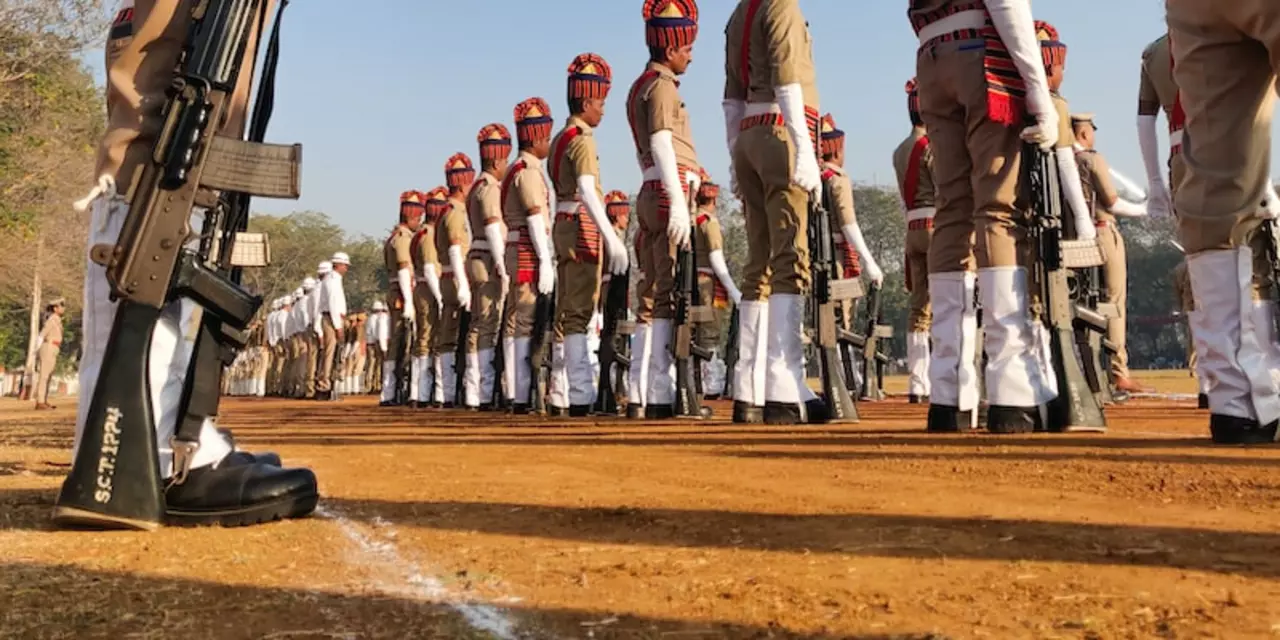You’ll find headlines about the Indian police every day — from local safety tips to charges of misconduct. This tag collects news, real incidents, and practical steps so you’re not left guessing when a situation involves law enforcement. Whether it’s a controversial action by Delhi Police, questions about corruption, or a passenger denied help at an airport, we cover the facts and give you clear, useful steps.
If a police officer stops you or approaches you, stay calm and speak clearly. Ask politely for the officer’s name and badge number and note the time and place. You can record the encounter on your phone where local law allows it — many people do this now and it often prevents escalation. If you feel unsafe, ask to call a lawyer or a trusted contact. Never resist physically; that can make things worse even if you believe you’re right.
If you’re detained or arrested, ask the officer the reason and request to be taken to the nearest police station. You have the right to inform someone about your detention. If the officer refuses to follow procedure, write down details as soon as you can — names, vehicle numbers, witnesses, and any nearby CCTV cameras.
Start at the station: file a written complaint with the Station House Officer (SHO) or the officer in charge. Ask for an acknowledgement or receipt. If that doesn’t work, escalate to the local DCP or command officer. Each state has a police complaint authority — approach them for review. For serious rights violations, state Human Rights Commissions and the National Human Rights Commission (NHRC) can take cases. Women can approach the National Commission for Women or local women’s helplines for gender-related issues.
Keep proof: photos, videos, medical reports, and witness statements help. If a police officer asks you to drop a complaint in exchange for money or favors, note the demand and report it immediately — that’s corruption. Public interest cases sometimes get faster action when NGOs, journalists, or local elected representatives raise the issue. If you’re unsure, talk to a lawyer about filing an FIR or a writ petition in court.
On this tag you’ll find posts that explain incidents and offer context — for example coverage of alleged Delhi Police misconduct, stories about accessibility failures at public places, and deeper looks at corruption in the force. You’ll also find practical pieces on reducing crime in Delhi and how local services compare. Read those to understand patterns and what people in your neighbourhood are doing.
If you want to report a non-emergency concern, note the details and use the state complaint channels. For immediate danger call the emergency number — 112 is the national emergency number and 100 still works in many places for police. Stay safe, document everything, and push for accountability when rules are broken. That’s how change starts at the street level.

The Indian police are known for their violent tactics in dealing with people in custody. There are several reasons why the police resort to physical violence, including a lack of resources and training, a lack of public accountability for their actions, and the fact that violence is seen as an easy way to extract confessions or information. This has led to an entrenched culture of impunity, where officers are rarely held to account for their actions and victims of police brutality have little recourse. This is a major human rights concern, and steps must be taken to ensure that police officers are held accountable for their actions and that people in custody are treated humanely.